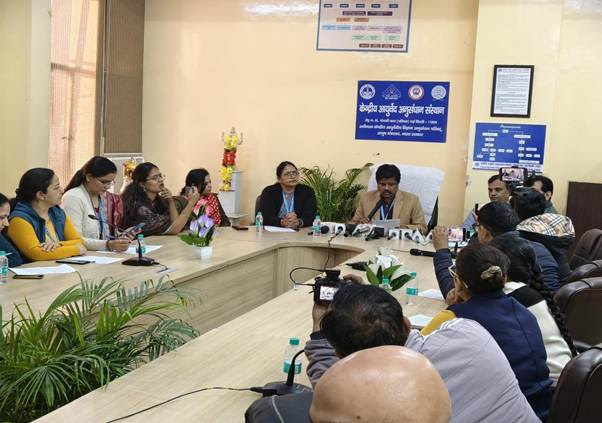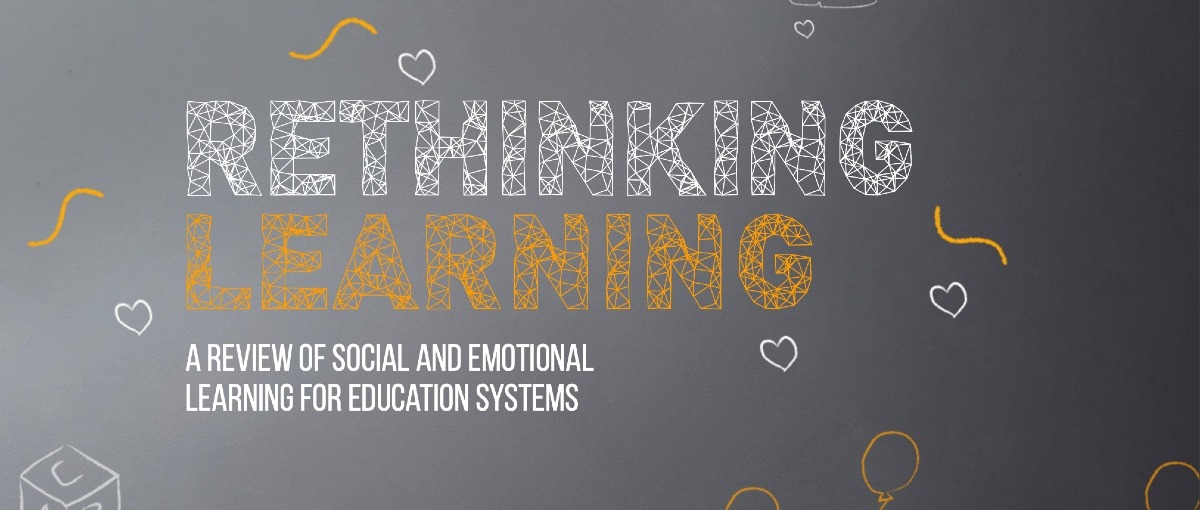Now Reading: Why Revolutions Repeat: Lessons from History
-
01
Why Revolutions Repeat: Lessons from History
Why Revolutions Repeat: Lessons from History

Revolutions have shaped nations across centuries, yet patterns often repeat. Social inequality, political unrest, and economic imbalance can ignite movements in different eras, showing that history often mirrors itself. In India and Tier-2 cities, understanding why revolutions recur helps citizens recognize early warning signs and the importance of addressing grievances before they escalate into larger conflicts.
Economic and Social Inequality
Inequality is a common trigger for revolutions. When large sections of society feel excluded from opportunities or resources, frustration builds. In Tier-2 cities, disparities in education, employment, and access to basic services can create conditions that mirror historical patterns, potentially leading to unrest if unaddressed.
Political Discontent and Governance
Poor governance, corruption, and lack of representation often fuel revolutionary sentiment. When people feel their voices are ignored or power is concentrated among a few, movements emerge to demand change. Historical revolutions show that sustained discontent rarely remains contained.
Cultural and Ideological Drivers
Revolutions are also influenced by cultural shifts and new ideologies. Ideas about equality, freedom, and rights spread rapidly, inspiring collective action. In India, cultural narratives and social movements often intersect with political grievances, increasing the likelihood of repeated revolutionary cycles.
Lessons from History
Studying past revolutions helps understand patterns of cause and effect. Addressing inequality, ensuring accountable governance, and fostering inclusive dialogue are key strategies to prevent history from repeating itself. Recognizing early signs allows communities to adapt proactively rather than reactively.
Conclusion
Revolutions repeat because human societies face recurring challenges related to inequality, governance, and social change. By learning from history, citizens in India and Tier-2 cities can work to resolve issues constructively, reducing the need for upheaval while promoting sustainable progress.

























